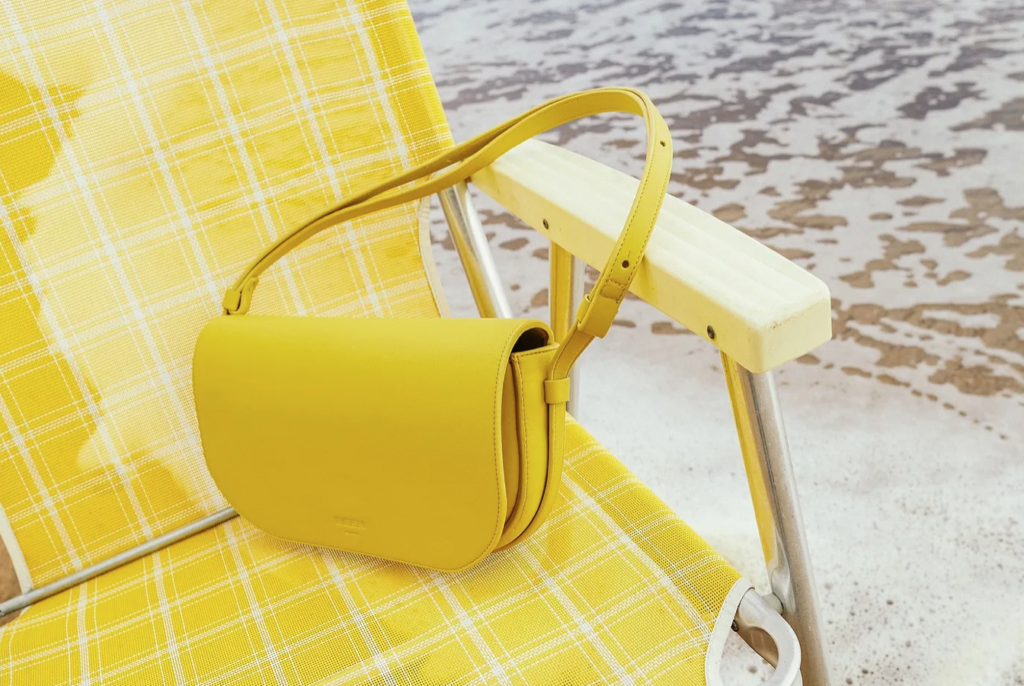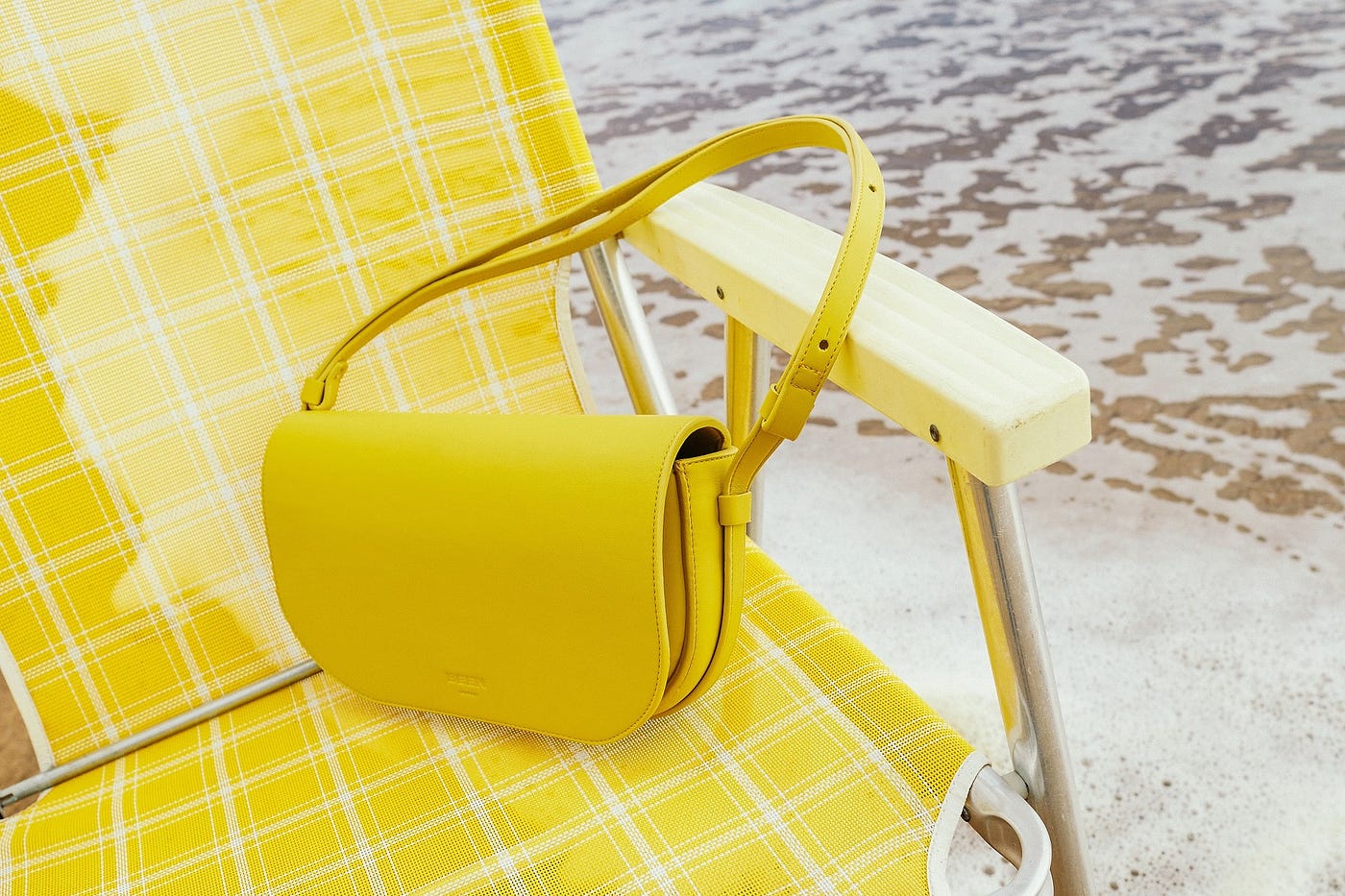
Founder of BEEN London, Genia Mineeva, spoke to us about creating a fashion brand rooted in circularity.
We are a small all-female team based in East London making products entirely from materials that would otherwise be discarded. So from what some would call waste. Think discarded IKEA and KLM uniforms turned into felt, single use plastic turned into zips and fishing nets reimagined as regenerated nylon. We combine these incredible, storytelling-rich materials to create premium, sleek backpacks, wallets, totes and soon lots more.
We are often told that we design backwards. Our starting point is a waste stream. This approach not only rescues valuable materials from going into landfills or incinerators but also dramatically reduces the carbon footprint of the final product — our LCA shows a whopping 87% reduction, so a direct impact on climate change too.

I actually spent most of my life in a newsroom, working as a journalist for the BBC and not really knowing or thinking much about how physical products are made. Back in 2017 I happened to watch a documentary about how much waste we’re all creating and thought this was a good challenge.
Considering how much we throw away and how little of it gets recycled (just 11% globally), can we make the stuff we need from the stuff we already have? Can we make it look really good? Can it have a real, tangible impact? I went to Cambridge for a year to get my head around the science of it all. And then I just tried. This is how BEEN London was born.

By now, as a team, we probably know everyone in the world that is experimenting with recycling and repurposing materials. Some approach us, others we find ourselves. A Dutch social enterprise turning used textiles into new materials, a London-based start-up transforming brewery waste into a leather alternative, an outdoor advertising company looking for a way to upcycle their used banners — we love materials which tell a story and the passionate people behind it.
For a lot of our work we actually look into our clients’ waste streams and use design to find a solution for it. A good example of it would be turning DHL’s used banners into their VIP gifting. We are now working with TATE on a similar project. To us, the best projects are fully circular — creating a product a company needs from their own waste stream; these projects tell the best stories.

It looks like as a society we’re all finally moving to realising the importance of circularity, both in terms of product design and business model innovation. And as a company we love to try and test it all, so we’ve been doing quite a lot from the very beginning of our journey.
Waste is always a starting point, so this is a circular product start. But its important to think of the later stages too.
Manufacturing: From the very inception of the company we’ve only designed products made from rectangular panels, so that they leave close to zero cutting floor waste. Whatever remains goes through a shredding process and can make lovely coasters for restaurants.
End of life: We offer both lifetime repairs and take back and disassembly for end of life, taking full responsibility for the product we create.
Rental and resale: We have recently launched resale and are about to launch a rental scheme as well, extending the use of our products even further.
You can probably imagine that our approach requires a bit more geeky impact-first thinking and some creative design solutions, but we don’t really see it as an obstacle. Costs might be a bit higher, but again, we feel that the impact is worth it.
We’re working on some exciting waste-into-product projects with some of the biggest companies in the UK. We’re also slowly expanding our offering from accessories into homeware and interiors — something hotels and restaurants are keen to explore with us. And there are several new materials we’re experimenting with, so watch this space!
To me design is action. It is about problem solving. It’s about applying creativity and innovation to the biggest challenges, like climate change and wastefulness. My personal mission is to make a contribution, however small, to shifting the way we make stuff.
Source: https://medium.com/design-council/transforming-waste-materials-into-beautiful-bags-9ba069dad8f3